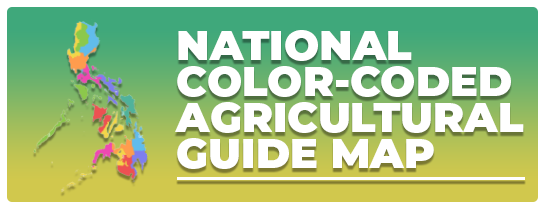KARIBUHAN’S SENSE OF PRIDE AND OWNERSHIP – The Story of Karibuhan Kae Mimi Ati Ki Dumarao
Posted by: RAFIS DA6 | Posted at: August 9, 2024
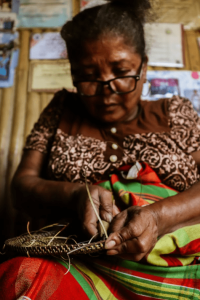
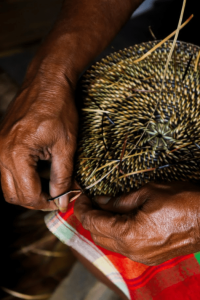
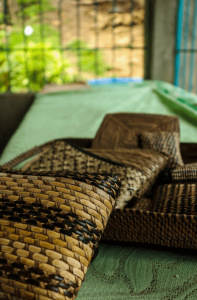
A young Aeta girl wakes up early in the morning to search for work, earning only ten pesos for her labor. She walks miles to get home, carrying a loaf of bread in her hand. As she arrives, she smiles at her younger siblings and says, “Soon, God will send help to Aetas.”
In the remote community of Dumarao, Capiz, lives a group of Indigenous People (IP) who have called this land a home for generations. The Tamulalod and Aglalana communities inhabit the ancestral lands of Tamulalod, Bungsu-an, and Aglalana in Dumarao, Capiz. For decades, their lives have been intricately connected to the land, their well-being shaped by the cycles of cultivation and harvest.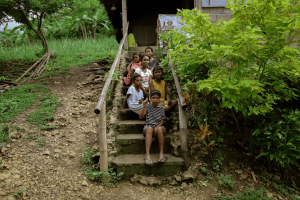
Jerry Juntado, a father of seven Aeta descendants, recalls the daunting days of transporting crops like corn, sweet potatoes, coconuts, bananas, and cassava on foot. On the rugged, unpaved roads of yesteryears, life was a constant struggle for Jerry and his family. “Life was extremely difficult back then because there were no proper roads, and we often had to carry our goods to town,” Jerry recalls. In 2000, these communities took a significant step towards self-advocacy by organizing themselves to ensure their voices were heard in assemblies and interactions with various agencies. This led to the formation of “Karibuhan Kae Mimi Aete ki Dumarao,” a federation representing the majority of Aetas in Dumarao. With the guidance of their elders, they sought assistance from local government units to assess their needs, eventually achieving registration with the Department of Labor and Employment (DOLE) and the National Commission for Indigenous Peoples (NCIP).
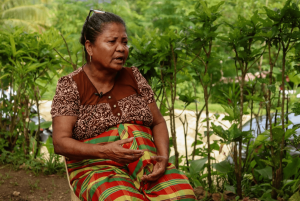
Tribe Chieftain Lolita Valencia recalls, “Life in Karibuhan is tough, and many parents struggle to even send their children to elementary school. Ten students should be in college, but they had to stop because their families couldn’t afford it. These students are the children of the tribe members, and while some manage to continue their education, many cannot. We cannot break the cycle of poverty.”
The Karibuhan Kae Mimi Ati ki Dumarao federation believes that with external support, they can elevate their living conditions and break free from poverty. According to NCIP, the federation encompasses 148 IP families, totaling 377 individuals residing within the ancestral domains of Dumarao. For IP Pastor Elias Elisondo Valencia, IPs must have proper education to build their reputation, end the stereotyping, recognize their issues, and achieve equal and fair treatment from other people.
In recent years, the Philippine government has introduced significant policy reforms to address the needs of Indigenous Peoples. Among these is the Department of Agriculture’s Kabuhayan at Kaunlaran ng Kababayang Katutubo (4K) Program, which aims to support Indigenous People farmers and fisherfolk within their ancestral domains. The program emphasizes cultural sensitivity, respecting indigenous knowledge, skills, and practices (IKSP), and the political landscape of IP communities. It promotes biodiversity-friendly agricultural practices and is gender-responsive, addressing gender gaps in agriculture and fisheries.
“God’s blessing truly came to us with the carabao,” tribe elder Marina Casten shares with a smile. The memory of the DA 4Ks group visit in 2018 is still vivid. The community’s collective plea for a carabao, a crucial asset they couldn’t afford, was finally answered. When the carabao arrived, the joy was palpable—it was a dream materialized through faith and persistence.
Karibuhan Kae Mimi Ati ki Dumarao has been a recipient of the DA-Western Visayas 4K Program, benefiting from several key projects. In 2020, they received a Mechanical Corn Sheller and Portable Solar Dryer worth PHP 393,000 to enhance the quality of local produce. In 2021, they were provided with carabaos and implements (large ruminants) worth PHP 662,571 and strategies roll-over scheme to benefit IP families.
Life with the carabao transformed daily routines. “We wake up early to feed the carabao and ensure it doesn’t suffer from the scorching heat of the sun,” tribe elder Marina explains. This routine, coupled with other agricultural tasks like planting, became a source of strength and income for the community. Projects initiated by 4Ks, such as planting ginger and making handicrafts, flourished, providing a livelihood and reinforcing a sense of pride and ownership.
Additionally, in 2021, a carabao-based livelihood project valued at PHP 8,110,000 was initiated for the communities of Tamulalod, Aglalana, and Bungsuan, managed by the Agsirab Multi-Purpose Cooperative (MPC). This project aims to develop carabao milk processing skills, establish product lines, and market these through the cooperative. It includes working carabaos (native and crossbreed females), veterinary supplies, forage planting materials, training and equipment for processing, and Carabao/Dairy common housing with a milking chute. “One carabao is for milking, and the other is used for plowing,” Jerry explains. These carabaos have been life-changers. Jerry uses the plowing carabao not only for his cornfield but also for other fields, earning Php 500.00 per field. The milking carabao has recently given birth, promising future income from milk production. “We expect to earn from the milk once production starts,” he adds. With gratitude in his heart, Jerry acknowledges the support they have received. “We will continue to work hard, persevere, and be grateful to those who help us,” he concludes.
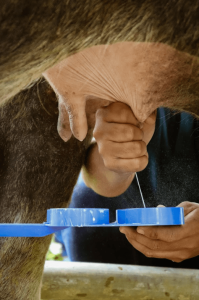
In 2022, they embarked on Agroforestry Development and SALT Training with a starter kit worth PHP 716,812, delivery of assorted fruit tree planting materials worth PHP 82,400, and an irrigation system with complete accessories valued at PHP 418,000. Tribe Chieftain Lolita is profoundly thankful for the assistance from various individuals and organizations. “I am sincerely grateful to God and to Ma’am Mimi for the significant help from the 4K’s project. We will never forget her. We also appreciate Ma’am Glenda for her understanding, despite her struggles,” she acknowledges. Special thanks go to the NCIP for their unwavering support. “We may not be able to repay their kindness, but I trust that God will bless them abundantly.”
The Karibuhan community is thrilled to celebrate the birth of two healthy calves, with ten more expected from their pregnant carabaos. While they faced some losses among the carabaos, these are covered by the Philippine Crop Insurance Corporation (PCIC) and will be replaced soon.
Additionally, their 30-meter by 50-meter communal vegetable garden has generated a profit of 7,000 pesos. Inspired by this success and with technical support from the DA 4Ks and Municipal Agriculture staff, tribe members have expanded their vegetable farming activities to their own backyards. A new communal garden is also being developed, demonstrating their ongoing interest and commitment to agriculture producing organically grown vegetables for their consumption. This also encourages community members to produce more and sell to the local market for additional income.
“We support the programs of Karibuhan ki Mimi Ati ki Dumarao by attending and assisting with activities such as Feeding Programs organized by various agencies and private organizations. Some programs provide carabaos and management training from DA-4Ks. The government pays special attention to Karibuhan and I am happy for them. I see that their lives will improve and become more prosperous based on their current situation and with the help of the government,” says Tamulalod Barangay Captain Jeremias Abalencio.
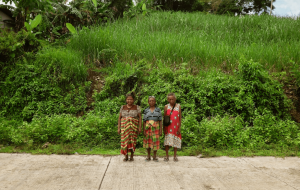
Securing the future for the Aeta descendants, the elders of Karibuhan Kae Mimi Ati ki Dumarao continue to appeal to government agencies for expedited registration and awarding of the Certificate of Ancestral Domain Title (CADT). Achieving this will secure their rights to their land, allowing for sustainable projects and a brighter future for their community.###(MCMBuala/ DA-RAFIS 6).





